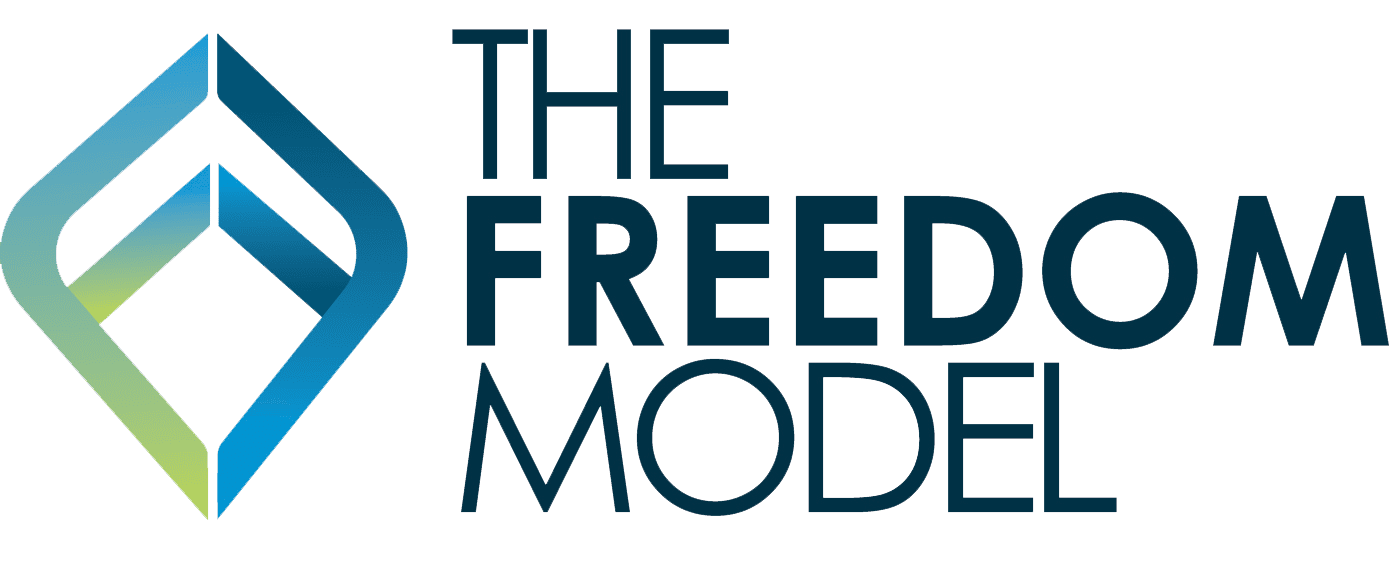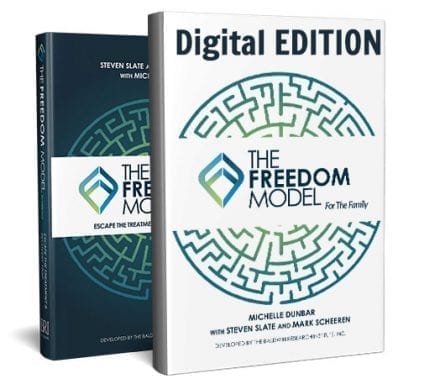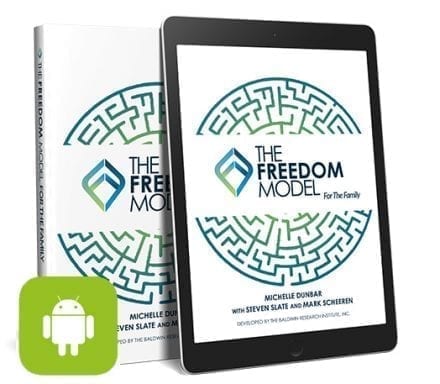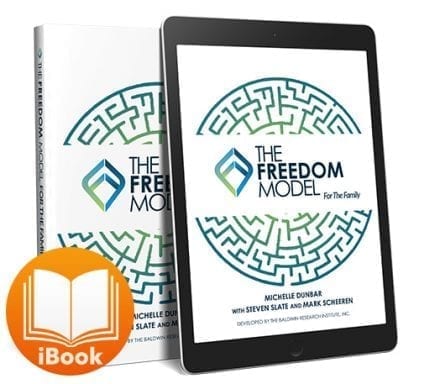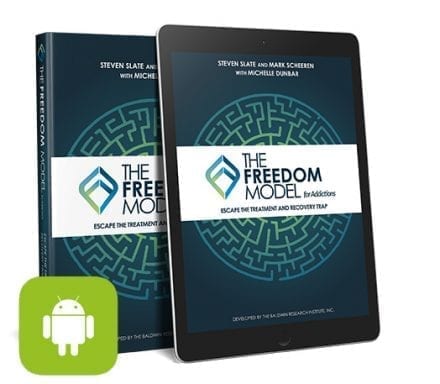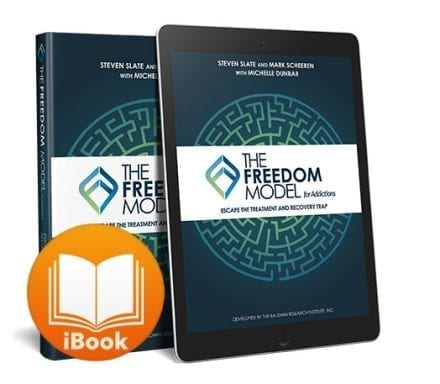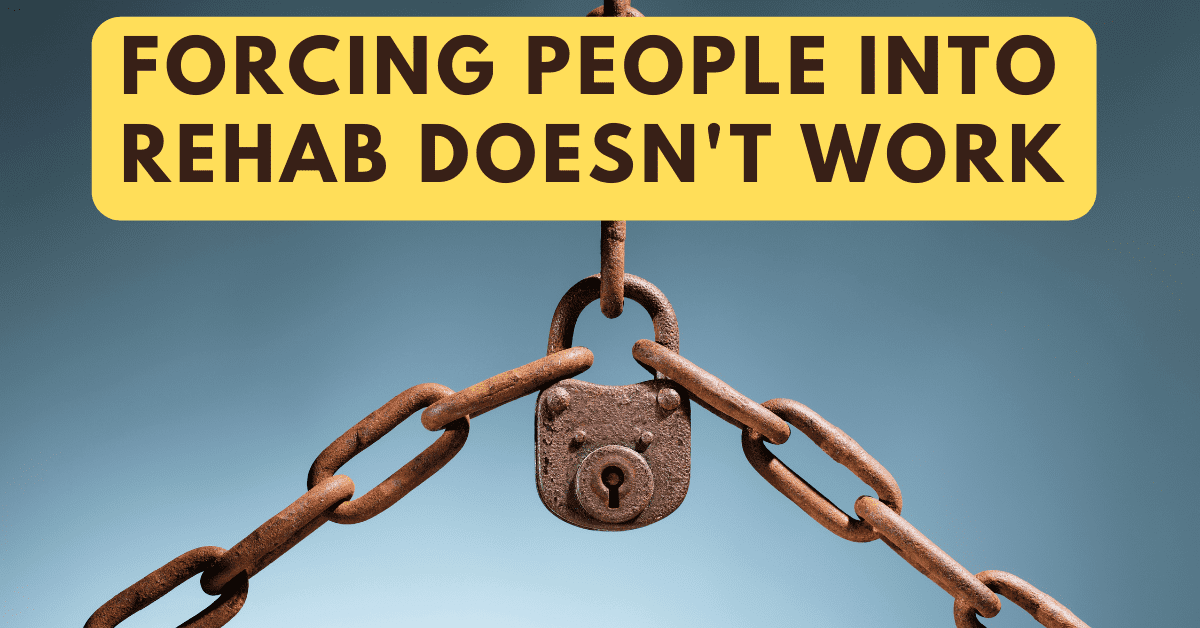
Forcing People Into Rehab Doesn’t Work
Within the US, virtually every inpatient rehab, outpatient clinic, or other form of often compulsory treatment for drug use is based on the 12-step model or some strange deviation of it. These models teach you that you are broken, contain significant character defects, are powerless over drugs and unable to moderate in any capacity, and suffer from a chronic, relapsing brain disease that you can never truly recover from, and you can only pray each day for temporary relief of your “condition.” In treatment, these ideas are usually beaten into your head each day by “professionals” and in mandated 12 step meetings until you break and accept them. I was told that I “basically had cancer, and your only treatment is to work the steps.” Resistance is typically met with accusations of being an addict in denial, or much worse consequences, such as being kicked out and made homeless because of the “tough love” the “professionals” have been telling your family to firmly demonstrate. Sounds great, right?
It is not uncommon for those in rehabs to be there involuntarily, or as a reluctant last resort after being given no other options. At least 37 states have laws that permit other parties such as police or the courts to force someone into rehab.1 However, a systematic review of compulsory drug commitment revealed that evidence not only showed that this did not improve outcomes, but may be even potentially harmed those being forced.2 Combine that with the absolutely abysmal success rates of rehab and the 12 steps, and the picture becomes more obvious about why this doesn’t work; and that it almost certainly harms people.
So What is the Alternative?
The Freedom Model explains, using scientific evidence, that addiction is not a disease, no one is ever powerless, and that anyone can move beyond their drug use, or even moderate if they so desire. Though these words may sound like heresy when compared with the information we are all fed about addiction, our claims are absolutely true. This misinformation is holding you back and preventing you from engaging in what should be a very natural process of deciding to make changes to a behavior – the exact same process used when stopping anything else, such as eating junk food or ending a relationship. People use drugs for reasons, and, if uninterrupted by this mainstream misinformation, will easily stop when they believe doing so is in their best interest or that it would make them happier. The issue is we’re taught that this is impossible, and we believe a multitude of myths about what drugs can do for us or to us in terms of pleasure, relaxation, motivation, hijacking our brains, and much more. These myths distort what should be a simple, natural process of change by inflating the value of drugs and stealing from you your own agency for change.
Considering that people are motivated by the positives they believe the drugs are providing them, along with the undeniable truth that harm is caused by the 12-step and brain disease models, the fact that compulsory treatment doesn’t work becomes obvious. Besides the fact that treatment just doesn’t work; forcing someone to give up something they still firmly believe is providing some powerful benefit to their life is obviously going to fail. Rather than helping them objectively consider their relationship with the drug and its supposed benefits, and then contemplating which direction is the most positive motivating factor – whether that be abstinence, moderation, or any other change – you are forcing them into a state of deprivation. Their life now revolves around giving up something they still want, and will remain powerfully alluring to them forever. Conversely, The Freedom Model is all finding which direction is best for each individual. Rather than motivating people via negative consequences and fear, our model is about positive change and gaining things rather than being forced to give up something you want. People being forced into treatment likely don’t want to give up drug use forever because they still believe the drug is providing them with certain benefits. Of course compulsory treatment doesn’t work.
CITATIONS:
- Temple University Beasley School of Law. (n.d.). Laws authorizing involuntary commitment for substance use. Policy Surveillance Portal. Retrieved October 12, 2022, from https://lawatlas.org/datasets/civil-commitment-for-substance-users
- Werb, D., Kamarulzaman, A., Meacham, M. C., Rafful, C., Fischer, B., Strathdee, S. A., & Wood, E. (2016). The effectiveness of compulsory drug treatment: A systematic review. The International journal on drug policy, 28, 1–9. https://doi.org/10.1016/j.2015.12.005
